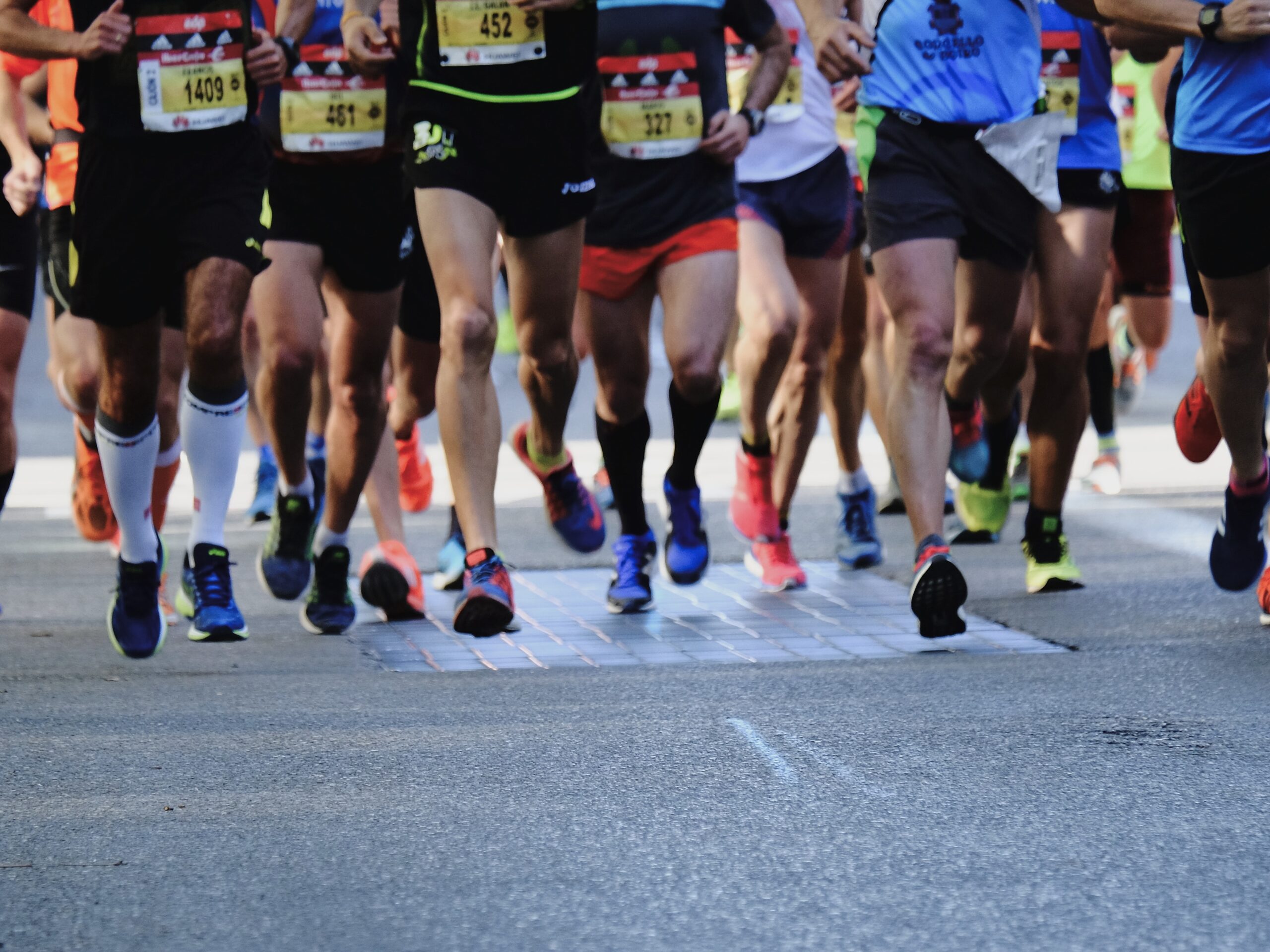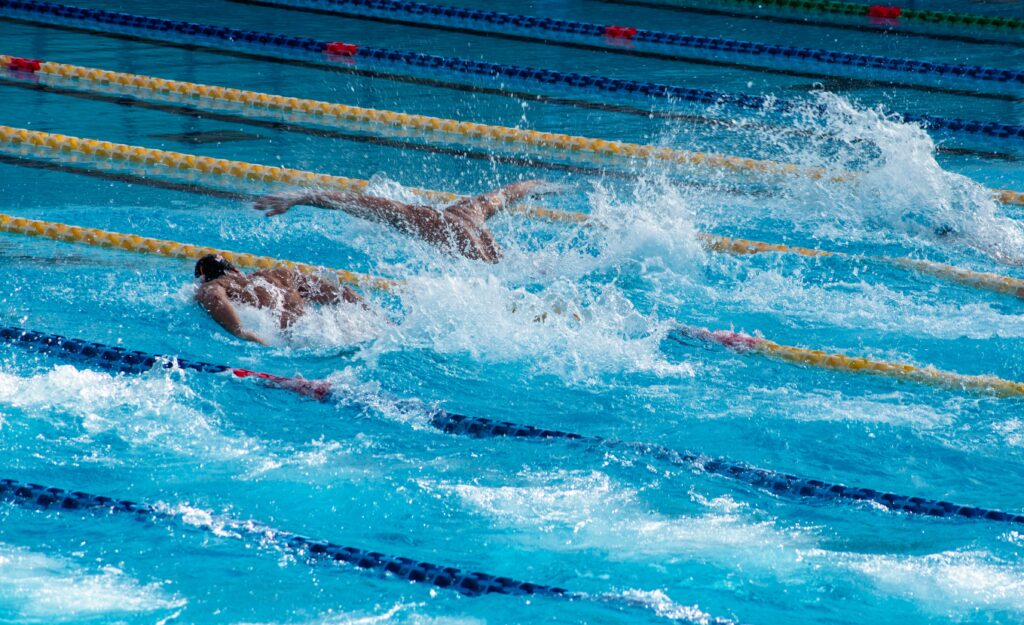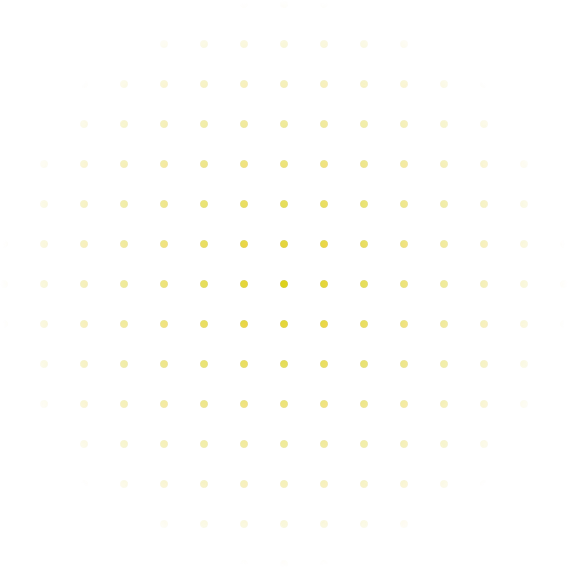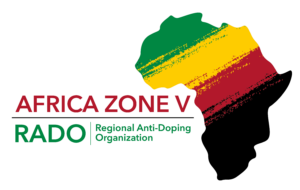Therapeutic Use Exemption
TUEs
Some athletes may have illnesses or conditions that require them to take medications or undergo procedures. If the medication or method an athlete is required to use to treat an illness or condition is prohibited as per the World Anti-Doping Agency’s (WADA) Prohibited List a TUE may give that athlete the authorization to use that substance or method while competing without invoking an anti-doping rule violation (ADRV) and applicable sanction. Applications for TUEs are evaluated by a panel of physicians, the TUE Committee (TUEC)..

Scroll to FAQ

Scroll Down

What are the criteria for granting a TUE?
- The athlete has a clear diagnosed medical condition which requires treatment using a prohibited substance or method.
- The therapeutic use of the substance will not, on the balance of probabilities produce significant enhancement of performance beyond the athlete’s normal state of health.
- The prohibited substance or method is an indicated treatment for the medical condition, and there is no reasonable permitted therapeutic alternative.
- The necessity to use that substance or method is not a consequence of the prior use (without a TUE), of a substance or method which was prohibited at the time of use.
Who should apply for a TUE?
Athletes who are subject to anti-doping rules would need a TUE to take a prohibited substance or use a prohibited method should verify with AFRICA ZONE V RADO to know to whom you need to apply and if you can apply retroactively.
First, check if the required medication or method you intend to take, or use is prohibited as per the WADA Prohibited List.
You have a responsibility to inform your physician(s) that you are an Athlete bound to anti-doping rules. You and your physician(s) should check the Prohibited List for the substance/method you are prescribed. If the substance/method is prohibited, discuss non-prohibited alternatives, if there are none, apply for a TUE. Remember Athletes have the ultimate responsibility. Contact AFRICA ZONE V RADO if you are having difficulties.
Then, contact AFRICA ZONE V RADO to determine your competition level and TUE application requirements.

National Level Athlete
Athletes who compete in sport at the national level, as defined by each National Anti-Doping Organization, consistent with the International Standard for Testing and Investigations. In each RADO country, National-Level Athletes are defined as set out in the Introduction to these Anti-Doping Rules
International Level Athlete
Athletes who compete in sport at the international level, as defined by each International Federation, consistent with the International Standard for Testing and Investigations.

Can I get a retroactive TUE?
You may only apply retroactively for a TUE to AFRICA ZONE V RADO if:
- You required emergency or urgent treatment of a medical condition.
- There was insufficient time, opportunity or other exceptional circumstances that prevented you from submitting the TUE application, or having it evaluated, before getting tested.
- You are a lower level athlete who is not under the jurisdiction of an IF or AFRICA ZONE V RADO and were tested.
- You tested positive after using a substance Out-of-Competition that is only prohibited In-Competition (for example glucocorticoids).
In rare and exceptional circumstances and notwithstanding any other provision in the ISTUE, you may apply for and be granted retroactive approval for a therapeutic use of a prohibited substance or method, if considering the purpose of the Code, it would be manifestly unfair not to grant a retroactive TUE.
This unique retroactive TUE will only be granted with the prior approval of WADA (and WADA may in its absolute discretion agree with or reject with the AFRICA ZONE V RADO’s decision).
Application process to obtain a TUE
There are two ways you can request your TUE. The recommended is through the ADAMS System, using your username and password. If you do not have them, you can request them at zonev@africa.rado-orad.org
The second way is through a form, following the instructions below:
Download the general TUE form by clicking on the button.
Ask your doctor to fill the TUE form, in Legible Capital Letters or typed, and send it along with your medical record to zonev@africa.rado-orad.org
Once a TUE is requested, a panel of experts selected by the AFRICA ZONE V RADO will review your request and grant the TUE if:
- Your health could be significantly affected if you do not take this substance.
- The substance does not increase your performance and only allows you to regain your health.
- There are no other alternative treatments available.




Frequently Asked Questions
A Major Event Organization (MEO) requires athletes to apply for the recognition of their TUE if they wish to use a prohibited substance or method in connection with the Event.
AFRICA ZONE V RADO’s TUEC’s must render a decision as soon as possible, and usually within 21 days from the date of receipt of the complete TUE application or request for recognition.
Each TUE has a specific duration, at the end of which it expires automatically. Should you need to continue to use the prohibited substance or method, it is your responsibility to submit a new application for a TUE with updated medical information ahead of the expiry date, so that there is sufficient time for a decision to be made prior to the expiry of the current TUE.
Remember that the presence (following sample collection), use, possession or administration of the prohibited substance or method must be consistent with the terms of your TUE. Therefore, if you require a materially different dosage, frequency, route or duration of administration, you should contact AFRICA ZONE V RADO, as you may be required to apply for a new TUE. Some substances and dosages, e.g. insulin, are often modified during treatment and these possible fluctuations should be mentioned by the treating physician in the TUE application and would usually be accepted by the ADO TUEC.
The decision to deny a TUE application requires a written explanation of the reasons for the denial. If it is not clear to you, contact AFRICA ZONE V RADO to understand exactly why your TUE was denied. Sometimes a critical piece of information may be missing, a diagnostic test, lab results, etc., in which case you need to re do the application process.
Otherwise, you can appeal the decision before the AFRICA ZONE V RADO Appeals Panel, as follows:
You and/or AFRICA ZONE V RADO have 21 days from the date of decision to refer the matter to WADA for review. The email address to enquire and/or send the request for review is: medical@wada-ama.org. Alternatively, you may send to:
WADA Medical Department
World Anti-Doping Agency
Stock Exchange Tower
800 Place Victoria (Suite 1700)
P.O. Box 120
Montreal (Quebec) H4Z 1B7
Canada
The same information that was provided to AFRICA ZONE V RADO should be submitted to WADA. Please use a secure on-line method unless sending by registered mail.
Pending WADA’s decision, your ZONE V RADO’s TUE remains valid for national-level competition and out-of-competition testing only.
All the information contained in a TUE application, including the supporting medical information and any other information related to the evaluation of your TUE request is kept strictly confidential and treated in accordance with the Athlete’s Declaration contained in the ADAMS TUE process. All members of the TUEC and any other authorized recipients of your TUE request and related information (as described in the Athlete’s Declaration) are subject to a professional or contractual confidentiality obligation.
Please review the terms of the Athlete’s Declaration carefully. In particular, note that should you wish to revoke the right of the AFRICA ZONE V RADO’s TUEC to obtain the information related to your TUE in accordance with the Athlete’s Declaration, your TUE application will be deemed withdrawn without approval [or recognition] being granted.
Your TUE request-related information will be retained by AFRICA ZONE V and any other authorized recipients for no longer than necessary for the purposes stated in the Athlete’s Declaration, in accordance with the International Standard for the Protection of Privacy and Personal Information.
